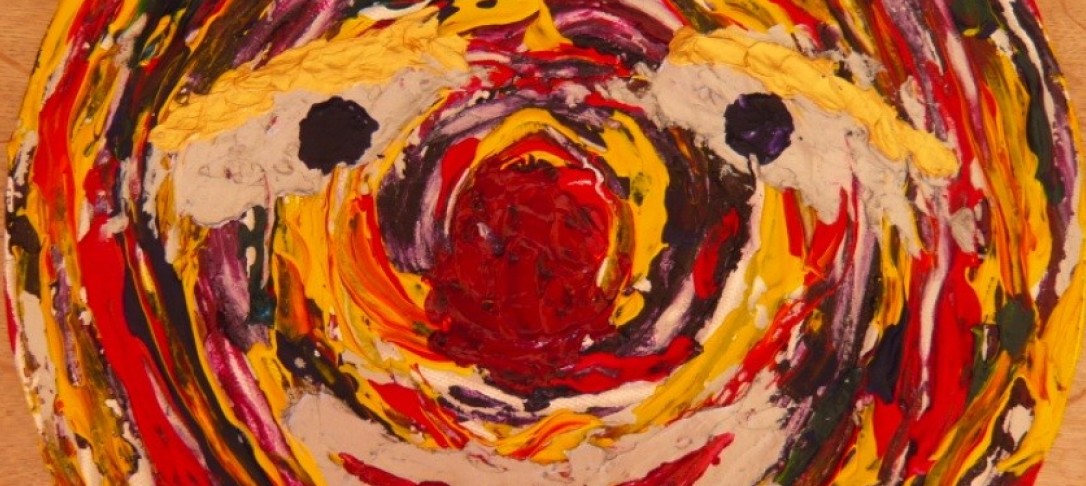
Recent advances in whole-brain modelling have helped stratify the heterogeneity of anhedonia across neuropsychiatric disorders, and the key parts of the pleasure network. I will show how modelling of neuroimaging data from diverse hedonic routes such as caregiving of infants, psychedelics, meditation and music could potentially offer new insights. We have recently demonstrated the hierarchical organisation of consciousness in over thousand participants, and the crucial role played by rare long-range exceptions to a fundamental exponential distance rule of brain connectivity. This is controlling the information cascade in the turbulent-like brain dynamics necessary for optimal orchestration of behaviour. In turn, this has direct implications for getting a handle on eudaimonia and well-being which are difficult to study empirically, as well as the diagnosis and treatment of anhedonia in neuropsychiatric disorders.
About:
Professor Morten L Kringelbach leads the Hedonia Research Group based at the Universities of Oxford and Aarhus. His prizewinning research uses whole-brain modelling of brain responses to hedonic stimuli such as, for example, food, infants, sex, psychedelics and music to discover ways to increase eudaimonia (the life well-lived). He has published fourteen books, and over 350 scientific papers, chapters and other articles and his research features regularly in newspapers, magazines, radio and television. He is a fellow of The Queen’s College, Oxford, of the Association for Psychological Science and a board member of the world’s first Empathy Museum.


